Amidst the ecosystem of plants and animals living on the land, we humans have led our lives, developing cultures, industries, and history. However, all of these do not exist separately, but are instead connected in many ways, influencing each other in their formation. Following this notion, geoparks are areas that strive for a comprehensive understanding of the land, its ecosystem, and the lifestyles and traditions of the local people; work to protect these aspects; and aim to further enrich the region.
As of January 2022, there are 46 areas designated by the Japan Geopark Committee as Japanese Geoparks.
As of November 2022, there are 177 areas in 46 countries designated as UNESCO Global Geoparks. Nine of them are located in Japan: Aso, Itoigawa, Izu Peninsula, Mt. Apoi, Muroto, Oki Islands, San'in Kaigan, Toya-Usu, and Unzen Volcanic Area.
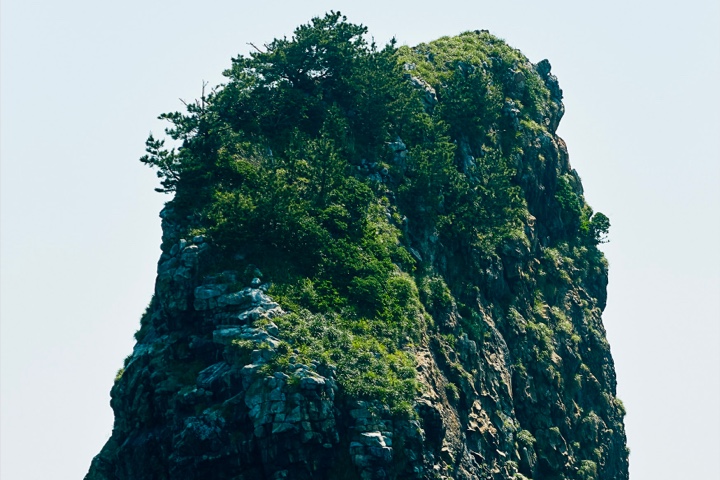
About Geoparks
The Oki Islands UNESCO Global Geopark is a place where you can discover the connections between the “Geohistory,” “Unique Ecosystem,” and “Lifestyles and Traditions” of the region. The Geopark also conducts environmental conservation activities, educational activities, and regional development activities.
What are Geoparks?
How Do You Become a Geopark?
In order to become a Japanese Geopark, an area must apply to be an associate member of the Japanese Geoparks Network (JGN) and work on developing its geopark activities, led by a management body formed by various local players. After submitting an application for certification as a Japanese Geopark, an evaluation mission is carried out by the Japan Geopark Committee (JGC). In case of a positive evaluation result, the area is designated as a Japanese Geopark and becomes a regular member of the JGN.
In order to become a UNESCO Global Geopark, after gaining more experience as a Japanese Geopark, the area must submit an application to be a UNESCO Global Geopark candidate, and after going through an assessment carried out by the JGC, it can submit its application dossier to UNESCO. After an evaluation by the UNESCO Global Geoparks Council and an endorsement by the Executive Board of UNESCO, the aspiring area becomes a UNESCO Global Geopark. Both Japanese Geoaprks and UNESCO Global Geoparks go through a revalidation process every four years.
Geopark Networks
UNESCO Global Geoparks (UGGp)
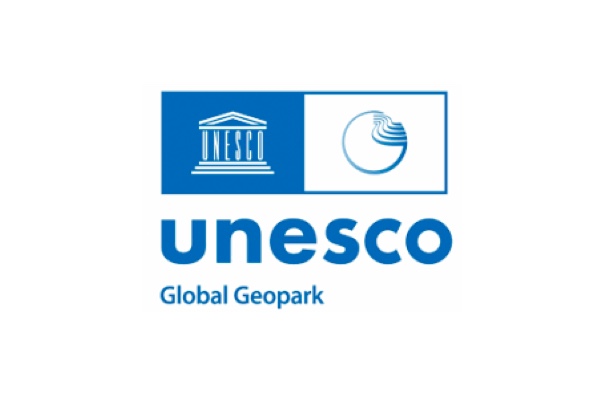
UNESCO Global Geoparks are areas that operate in line with the vision of UNESCO and fulfill the guidelines set by it.
The UNESCO Global Geopark mission is to work towards sustainable development and the coexistence of humans and nature by: protecting geological heritage of international importance, deepening the understanding of the natural environment and culture of the region, and utilizing those heritages in science, research, education and regional development activities.
The Oki Islands were designated as a Global Geopark on 9 September 2013. Later, in 2015, the Global Geoparks became an official program of UNESCO, and the Oki Islands became a UNESCO Global Geopark.
Global Geoparks Network (GGN)
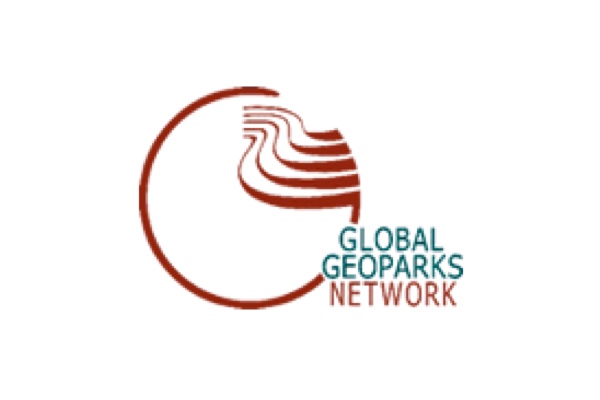
A network of UNESCO Global Geoparks, tasked with the important role of being a knowledge and information hub about geopark management and activities. An international conference organized by GGN is held every two years. Membership to GGN is obligatory for all UNESCO Global Geoparks.
Asia Pacific Geoparks Network (APGN)
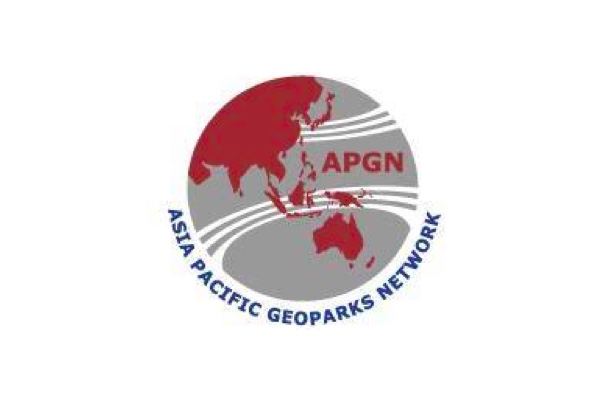
A network of UNESCO Global Geoparks located in the Asia Pacific Region, established in 2007. A symposium organized by the APGN is held every two years.
Similar regional networks are established around the globe, including the European Geoparks Network (EGN), Latin America and Caribbean Geoparks Network (GEOLAC), and the African UNESCO Global Geoparks Network (AUGGN).
Japanese Geoparks Network (JGN)
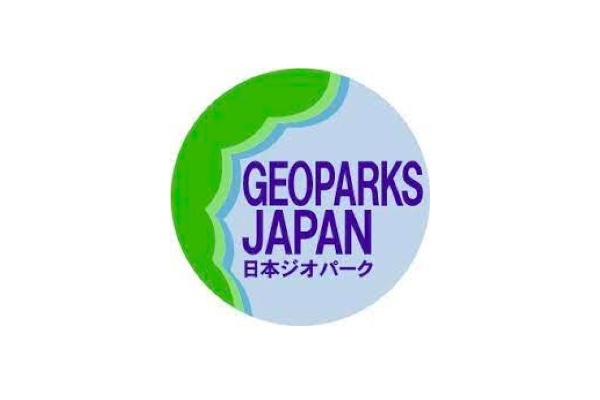
A domestic network for Japanese geoparks (regular members) and areas that aspire to become geoparks (associate members).
A JGN National Conference and workshops are held annually, and numerous projects focused on active exchange of opinions and information are organized throughout the year.
In recent years, the geopark activities in Japan have been expanding quickly, so it is especially important to continue capacity building activities that spread the knowledge on the values and roles of geoparks. Moreover, the network actively shares information about natural disasters such as earthquakes, and gives support to areas which have suffered through them.

